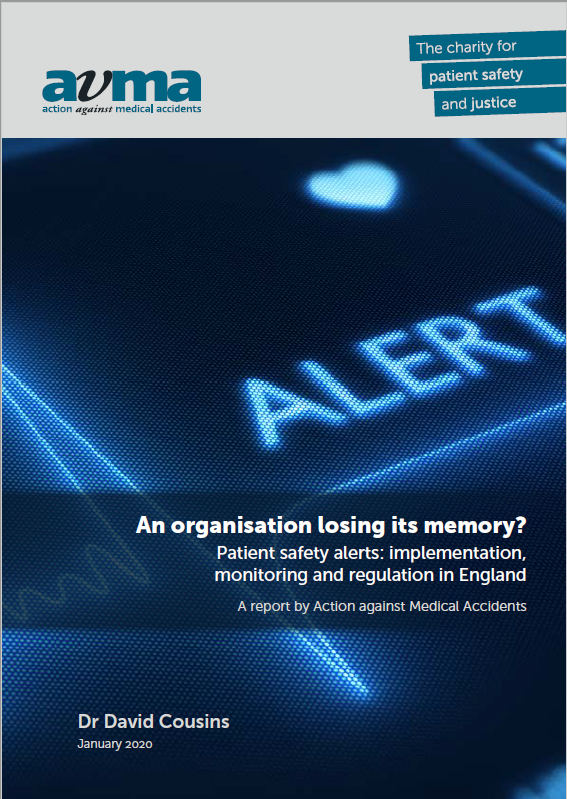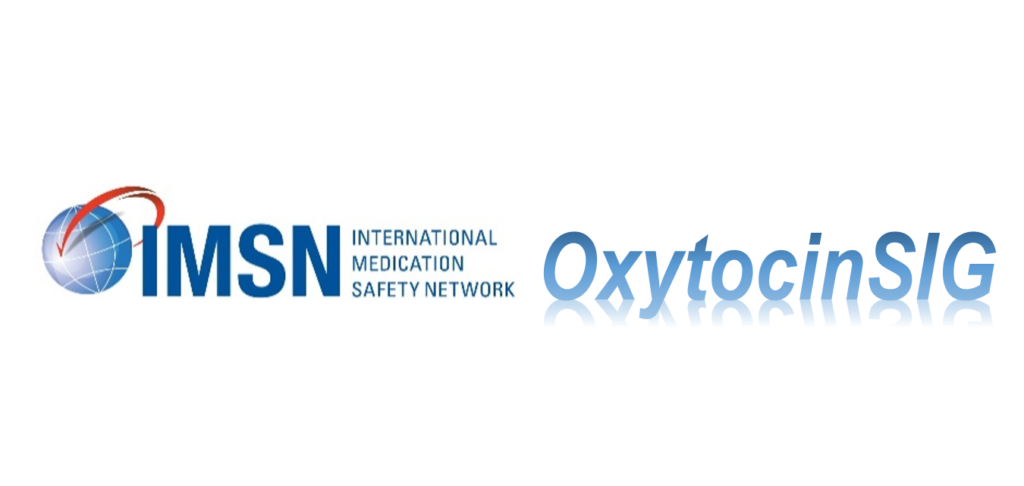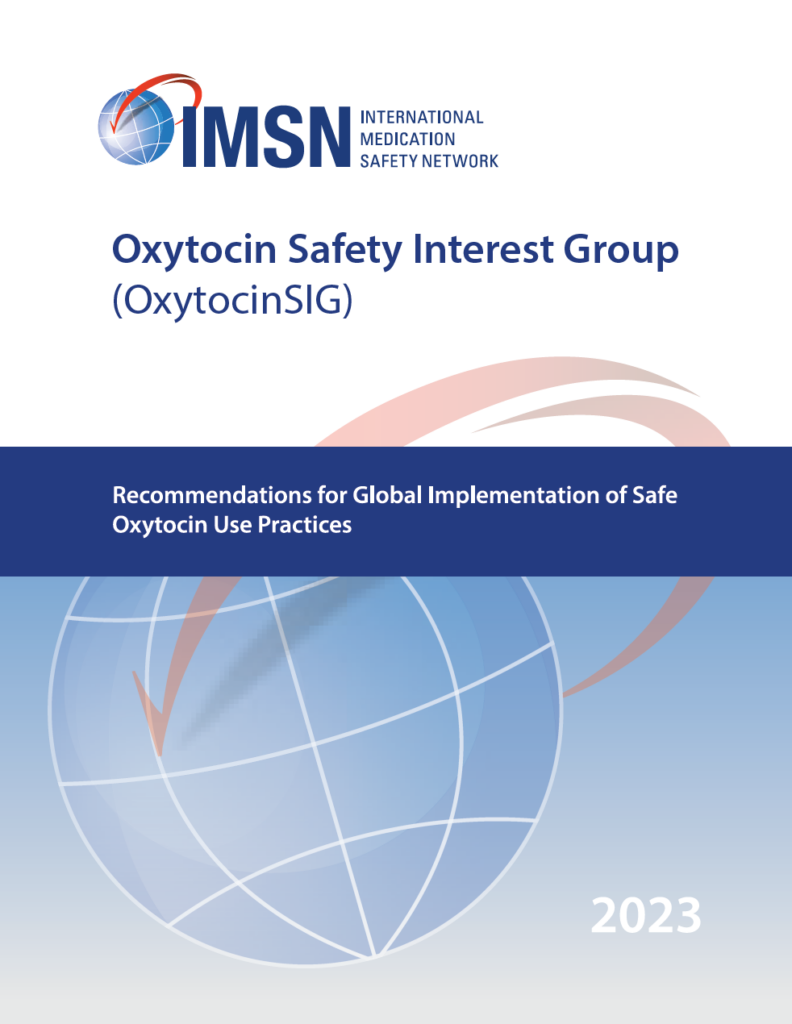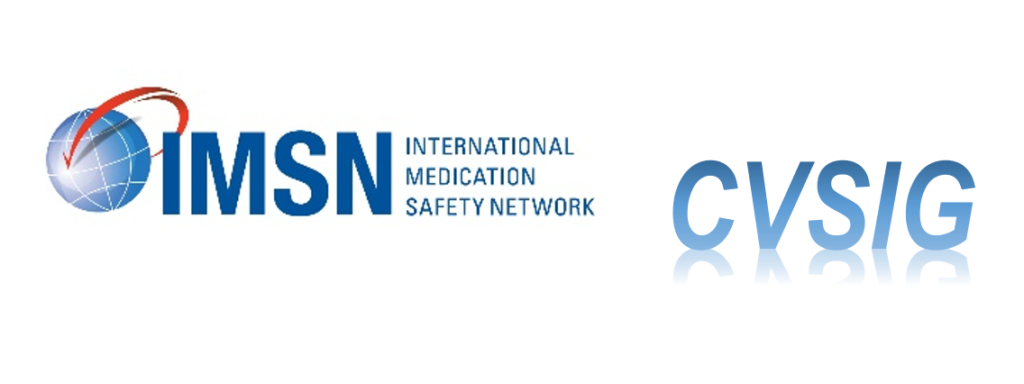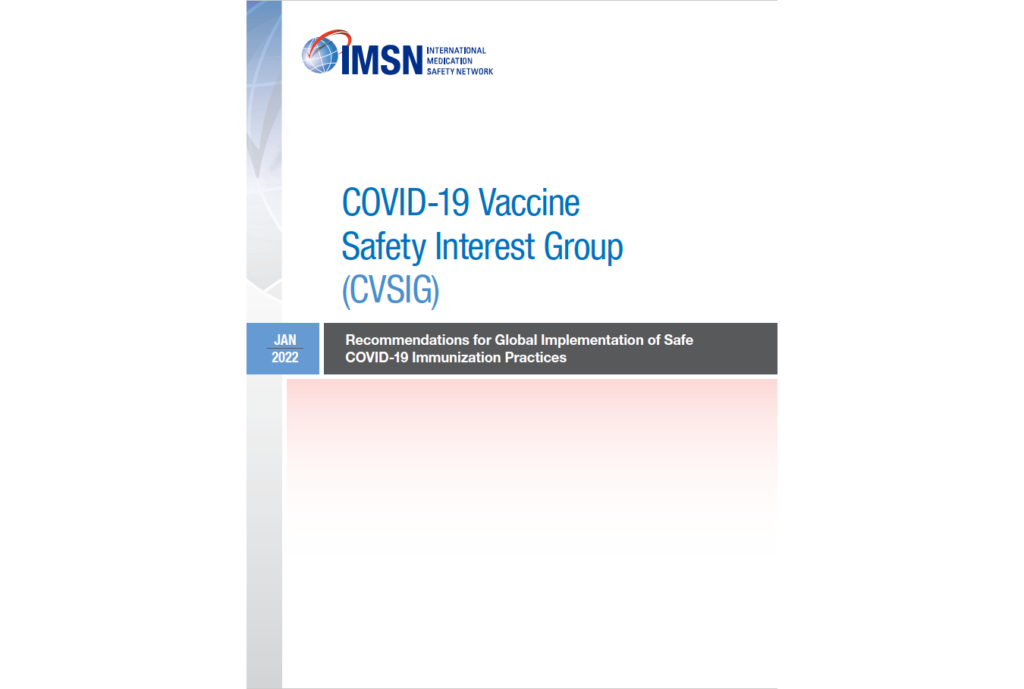The International Medication Safety Network (IMSN) mourns the death of David Cousins, on May 22, 2023 in his home with his family by his side. This is what his wife Trina told us the next day “The sun was shining in through the windows as he gently took his last breath. It was a beautiful moment”, asking us to “remember him as a great, friend, colleague, musician, biker and above all a wonderful husband and father”.
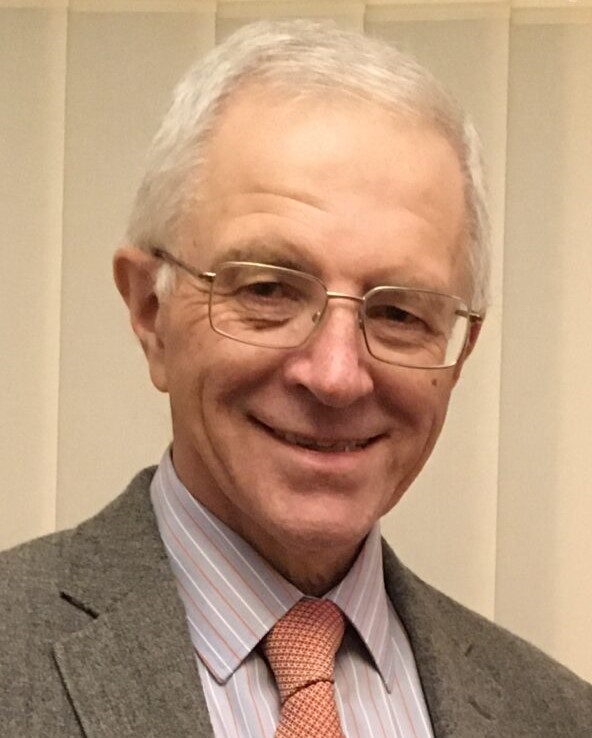
Like most of the IMSN's founders, David Cousins was a busy hospital pharmacist. As chief pharmacist of Derby Hospitals (September 1983–August 2002), he commissioned a new pharmacy department and provided a range of new pharmacy services:
- full intravenous additive service; pump and syringe driver library service;
- aseptic satellite pharmacies in intensive care, paediatrics, cancer care, operating theatres and, palliative care/hospice;
- pharmacists as full members of the cardiopulmonary resuscitation team.
He developed a substantial commercial aseptic dispensing business as income generation for the hospital, selling total parenteral nutrition, antibiotics, chemotherapy and other intravenous infusions to home care companies and hospitals.
He also introduced new postgraduate pharmacy training courses in the UK with the University of Derby: DPharm, MSc and Postgraduate diploma for pharmacists and validated training courses for pharmacy technicians.
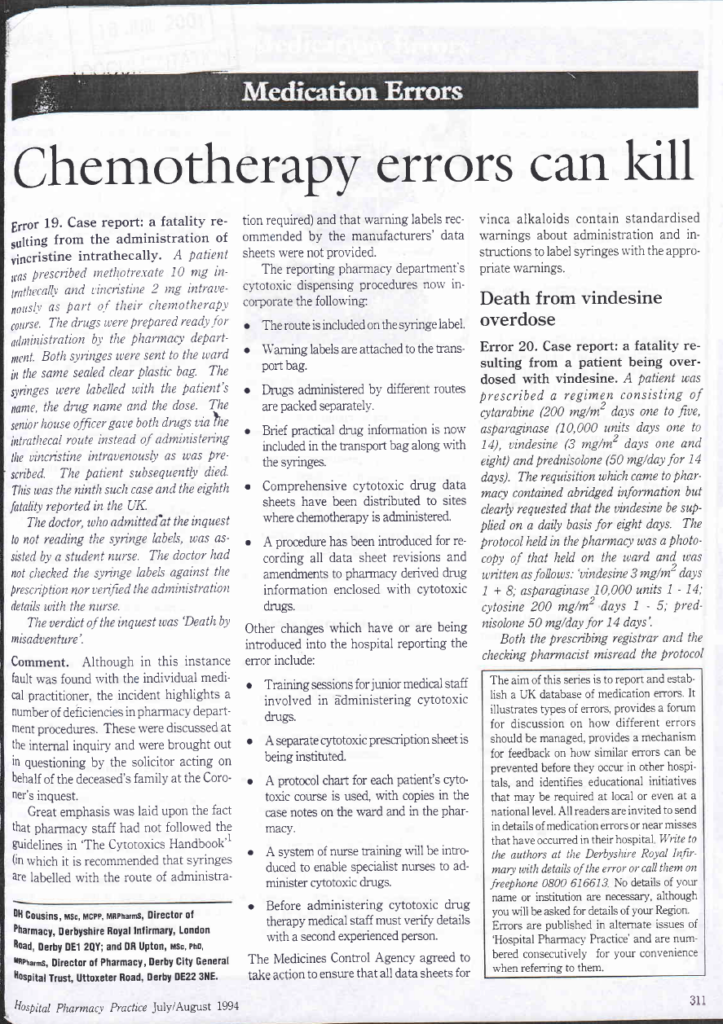
David Cousins was also Fellow of the Royal Pharmaceutical Society (RPS) and active member of the
UK Clinical Pharmacy Association (UKCPA) and of the European Association of Hospital Pharmacists (EAHP).
Since 1990, David Cousins developed his research and publications on medication error prevention. Together with David Upton, he wrote a monthly column on medication errors in the journal Hospital Pharmacy Practice, further Pharmacy in practice, whose archives are unfortunately not available in digital format.
His colleagues abroad knew David Cousins mainly as Head of Safe Medication Practice and Medical Devices, National Patient Safety Agency (NPSA) and further NHS England (September 2002 – October 2014), where he helped to develop and implement the NHS National Reporting and Learning System (NRLS).
This tireless analyst of tens of thousands of incident reports, NHS complaints and evidence data has published over 50 Patient Safety Alerts and other national guidance intended to minimize preventable deaths and serious harm to patients from the unsafe use of medicines and medical devices including guidance on: the safer use of concentrated potassium chloride Injection; reducing harms from injectable medicines; minimizing wrong route errors including oral liquid medicines, intrathecal vincristine, intravenous bupivacaine; reducing harm from omitted and delayed medicines.
So many treasures now only accessible in NHS archives.
David Cousins inspired and provided technical support to the “Design for Safety” publication series, illustrating how good design can help minimize risk to patients arising from labeling and packaging of medicines. Today, everyone still refers to the reference series on “Design for safety” guidance on labelling and packaging of medicines and design of infusion devices, awarded as the ‘best management of design in a public or non-profit organisation’ category at the Design Management Europe Awards 2008.
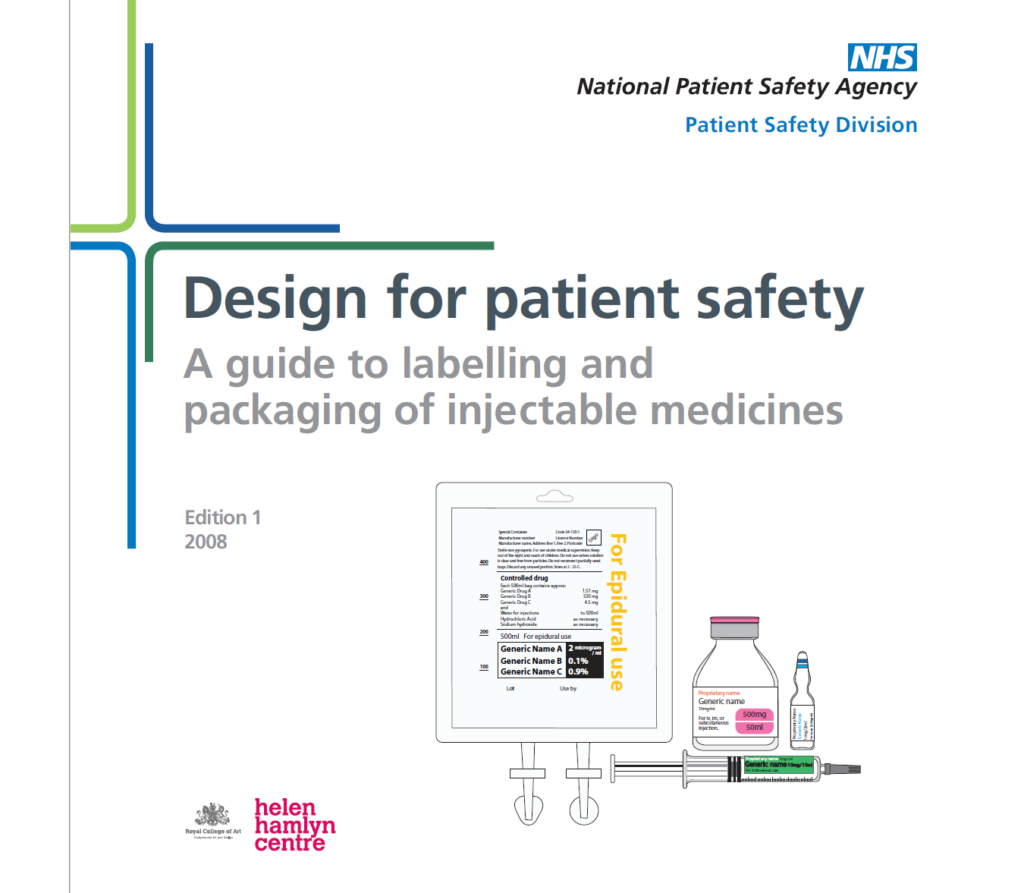
At the end of 2007, in collaboration with the National Institute for Health and Clinical Excellence (NICE), he introduced in the UK medicines reconciliation on hospital admission to ensure that any medication patients are taking prior to admission to hospital is properly documented on admission. He also authored a 2014 Patient Safety Alert requiring every NHS organization in England to appoint a Medication Safety Officer. His most enduring legacy is the national network of Medication Safety Officers he launched.
During this period of national responsibility, and on behalf of the UK NPSA, David Cousins was also particularly active at European and international level. As member of the Expert Group on Safe Medication Practices established in 2003 by the Council of Europe Committee of Experts on Pharmaceutical Questions, he played a decisive role in including a specific strategy to promote medication safety in the Council of Europe Recommendation Rec(2006)7 of the Committee of Ministers to member states on management of patient safety and prevention of adverse events in health care adopted 24 May 2006. It is regrettable that the report approved on November 7, 2006, to which he contributed and that he presented on many occasions, is no longer available on the European Directorate for the Quality of Medicines & HealthCare (EDQM) website.

Airaksinen, M., Otero, M-J., Schmitt, E., Cousins, D., Gustafsen, I., Hartmann, M., Lyftingsmo, S., Muff, P., Thors, C-E., Vlcek, J., & Expert Group on Safe Medication Practices “Creation of a better medication safety culture in Europe: building up safe medication practices” Council of Europe 2006; 278 pages. Read on…
After lobbying the Council of Europe to set up a European network of national safe medication practice centres “with the aim of sharing information concerning risks, including medicine products and practices, reporting methods, analysis and promoting solutions”, David Cousins took part in the founding of the IMSN and in writing the “Salamanca Declaration To Promote Safe Medication Practices Globally”.
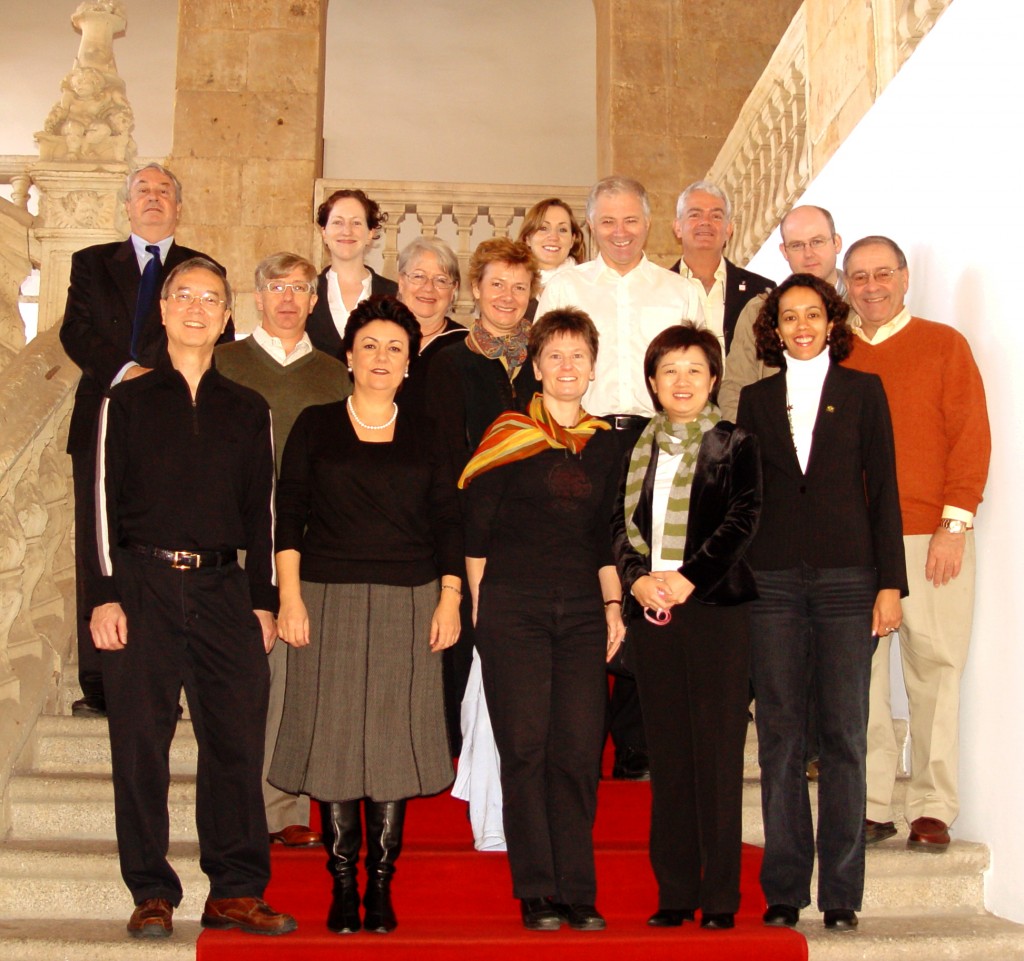
Still on a global scale, David Cousins has been one of the driving forces behind a WHO project under the Seventh Framework Programme of the European Union (EU-FP7), aiming to increase the capacity of pharmacovigilance (PV) centres in identifying and understanding the root causes of preventable adverse drug reactions (ADRs) (2009 - 2013).
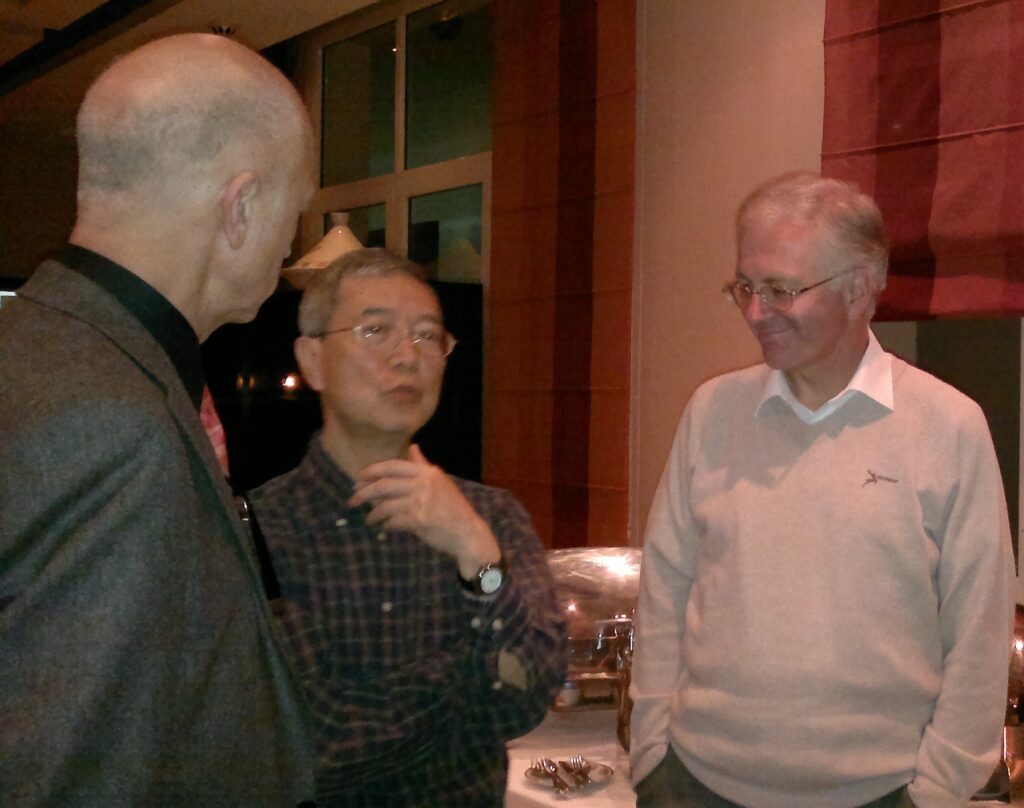
After an unforgettable workshop held in 2011 in the Morocco Poison and Pharmacovigilance Centre, partnering with the WHO and the Uppsala Monitoring Centre (Sweden), he contributed to a seminal report “Reporting and learning systems for medication errors: the role of pharmacovigilance centres” published in 2014.
David Cousins also tried to orient the European Medicine Agency’s (EMA) policy on preventing medication errors.
Those who took part in the European Union regulatory workshop on medication error held in February 2013, including several IMSN members, still remember his committed interventions, which strongly influenced the proposals that emerged, but were far from being fully implemented after EMA published a set of good practice guidance in November 2015.
After the dismantling of the NPSA to which he had devoted so much time and effort, David Cousins became Head of Patient Safety, Healthcare at Home (October 2014 – March 2018), where he built a new complaints and patient incident reporting system, implemented in March 2016. During this period he worked with the NHS and other stakeholders to develop new standards on managing complaints and incidents within homecare services.
During his retirement David Cousins has been advising for the patient charity, Action against Medical Accidents (AvMA), publishing in particular "An organisation losing its memory" in January 2020.
David Cousins was convinced, determined and pugnacious, as shown by his positions in reaction to what he saw as resignations. He became recipient of the RPS Lifetime Achievement Award, the 2015 UKCPA Lifetime Achievement Award and the 2020 ISMP Lifetime Achievement Cheers Award, pleased to receive recognition from peers.
In his response during the ISMP Cheers Awards ceremony, David Cousins said:
“I describe how I first got interested in medication errors and their prevention, first publishing medication error incidents in a pharmacy journal, and my work at the National Patient Safety Agency and other organisations. We made significant progress in England between 2002 – 2014, however in recent years this progress has not been maintained. The work of ISMP, IMSN and other organisations continues to be vital to continue to improve knowledge of medication errors and their prevention.
I wish you all every success in the future.”
Mike Cohen, Chair of the IMSN told : "David is known world-wide for his important work in medication safety over many years. He was one of the organizers of the International Medication Safety Network and will be remembered for his life-saving work and the many contributions he made to the work we all share."
June 2023

